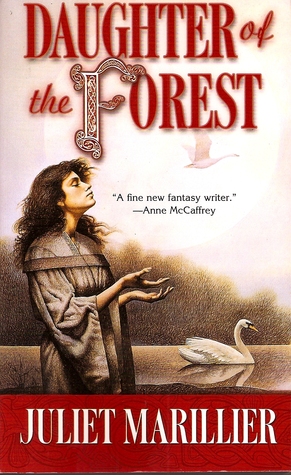Here I am, one in a long line of
blog links talking about our writing process. I was invited by Heather Romito, who
is a friend of the lovely Katy White, another MMW blogger. Go check out their
blogs and keep clicking back if you want to keep discovering more cool writers!
What am I working on?
My current project is titled (for
now) The Price of Sight. It’s a loose
sequel to Unsightly, a young adult
retelling of “Beauty and the Beast.” It follows the daughter of Isabel (the
Beauty) and the Beast. When she comes into some very dangerous and unwanted
magical power, she does everything she can to deny it. But when she realizes
that she and her loved ones are in danger from someone who seeks to control her
power, she has to overcome her fear and learn to control her magic.
It’s part adventure, part
coming-of-age, and part court intrigue, with the tiniest whiff of romance.
I also discovered that I like a
break from the longer projects, so I’ve been doing more flash fiction lately,
just for kicks, most of which I post here on my blog.
How does my work differ from others of its genre?
I love the stories behind the
stories. Some fairy tale writers like to take just a little bit or hint of the
original story and take off from there, expanding into a completely different
tale. I have loved many of these stories, so I can’t complain. But I love
looking at the questions that arise from the stories—Why would she do that? Would
that really work? Then I try to figure out what pieces of the story are “missing”
from the original and would suddenly make those events make sense. (For
example, in the original “Beauty and the “Beast,” I was always bothered by the
fact that she fell in love with her jailer. Can we say Stockholm syndrome? So
in my retelling, I addressed that.)
I also like to think that one
difference is the way I deal with magic. Most YA fantasy that I run across has
a rather nebulous sense of what is and isn’t possible with magic in that world.
That works fine in many cases, but I have always thought that magic, like
science, has rules—even when you don’t understand them. The magic in my novels
is rule-bound, which I think makes for a harder and more real world for my
characters to live in, especially because they tend not to understand the
rules.
Why do I write what I do?
Young adult fiction has always
drawn me because I think that generally speaking it has a hope that isn’t
always present in adult novels. YA can still be dark and painful, but most YA
novels seem to say that things can get better. I love fantasy because, even
though I don’t believe in actual magic, I do believe that the world can be a
magical sort of place (I mean, have you seen fireflies?). So these are the
genres that appeal most to me right now.
I also love retelling fairy tales
because I think there’s something so wonderfully timeless about them. The
themes and ideas just apply all over the place, and I think they endure because
they appeal to our inner selves and have things for us to learn—but without
having to be beat over the head by “the moral to the story.” They’re just good
stories, but with meaning. (I wrote a whole honors thesis on this subject and
the story of “Beauty and the Beast,” so just be grateful I gave you the one-paragraph
version.)
Oh, plus, I think fairy tales are
pretty. :)
How does my writing process work?
If I could tell you that, I bet I’d be getting a lot more
done than I currently am. With Unsightly,
I muddled through and found myself very frustrated a number of times when
suddenly there were massive gaps in the plot and I couldn’t figure out how to fix
them. When I was finally doing the first major rewrite, I discovered that when
I outlined scenes and determined their purposes and the main actions in them,
those scenes went so much better. So for the current project, I’m trying a new
thing: I’m outlining much more extensively than I did for Unsightly, hoping that will help me cut back on some (not all, of
course) of the frustration. We’ll see how it goes!
Next up in this fun blog linky thing is going to be FrankAdams, a funny guy who writes humor and horror together (because what’s funnier than absolute terror?). (I may also find
another friend to link to and insert him/her here.)

